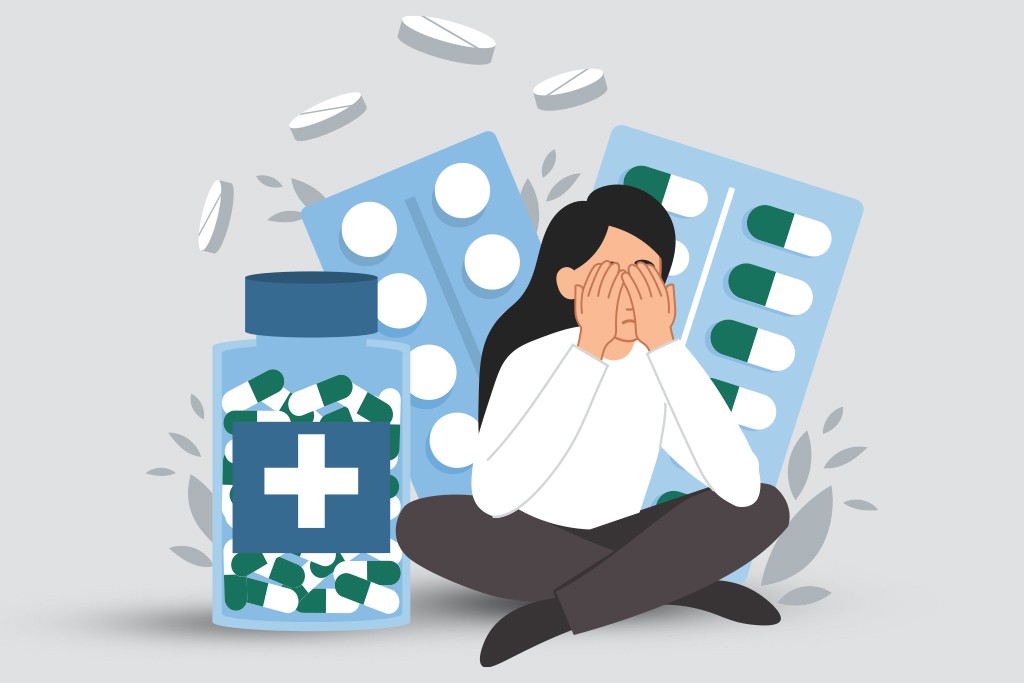How do medicines help us become sober
How do medicines help us become sober
Doctor can i ever be sober? Are there any medications which can help me to be sober? These frequent concerns I come across in my practice. Today I will discuss about it.
All India Institute of Medical Sciences in a survey on Magnitude of Substance used in India (2019) found that there are 16 crore people who are consuming alcohol in India. 5.7 crore people are problem drinkers & 2.9 crore people are dependent on alcohol. Problem drinking is associated with difficulties in personal, social, and physical health conditions. Dependent users show consistent features of craving, tolerance, use of alcohol despite aware of its harm on their life, preoccupied with alcohol usage, and this has affected significantly to their personal, social, occupational life and physical health. I will be using alcohol use disorder for problem drinking & alcohol dependence disorder.

Various factors interact with each other and possibly responsible for alcohol use disorders can be divided into three categories.
- Biological factors which are related to genes, brain chemicals, interactions between neurons as well effect of stressors on specific genes (epigenetics). Studies have found that it constitutes 40—60% vulnerability for alcohol use disorder.
- Psychological factors which are responsible for how a person think, feel, behave in a particular situation. These factors are responsible how a person cope in a particular situation.
- Social factors are related to social environment providing facilitatory role in the form of availability, accessibility, laws, modals, religion, & culture.
Understanding of these factors is important to under biopsychosocial approach of treatment in mental health disorders in general & substance use disorder in particulars.
I will be focussing on biological aspects (medicine) of these complex disorders without underestimating significance of psychosocial approach.
To help a patient to achieve abstinence it is important to assess a patient in detail to understand interplay of above factors. It is also important to look for co-existing disorders like depression, anxiety disorders, psychosis, personality disorders & ADHD etc which might be contributing to alcohol use disorders. There management is important to achieve abstinence., which is a beyond to current topic in discussion.

For alcohol use disorders broadly 2 categories of medications are used. These medications need to be started in the supervision of a psychiatrist, who choose a best molecule taking care of physical & mental health.
- Anti-craving drugs like Acamprosate, Baclofen, Naltrexone which are commonly used & other less commonly used like carbamazepine, topiramate. These drugs act by acting on the different centres of the brain & hence reduce the craving & desire to have alcohol. It has been found that craving is one of the most common factors for relapse & hence helping a motivated patient to achieve abstinence
- Deterrent drugs like disulfiram. These categories of drugs are started after a written consent from a motivated patient. These drugs cause unpleasant effects, if a person consume alcohol on the top of these medications & hence a patient does not consume alcohol to avoid such unpleasant experiences.
So we have safe & effective medications which can help a person to achieve abstinence if they are used in the supervision of a psychiatrist who comprehensively evaluate a patient & assist him using required components of biopsychosocial approach.


